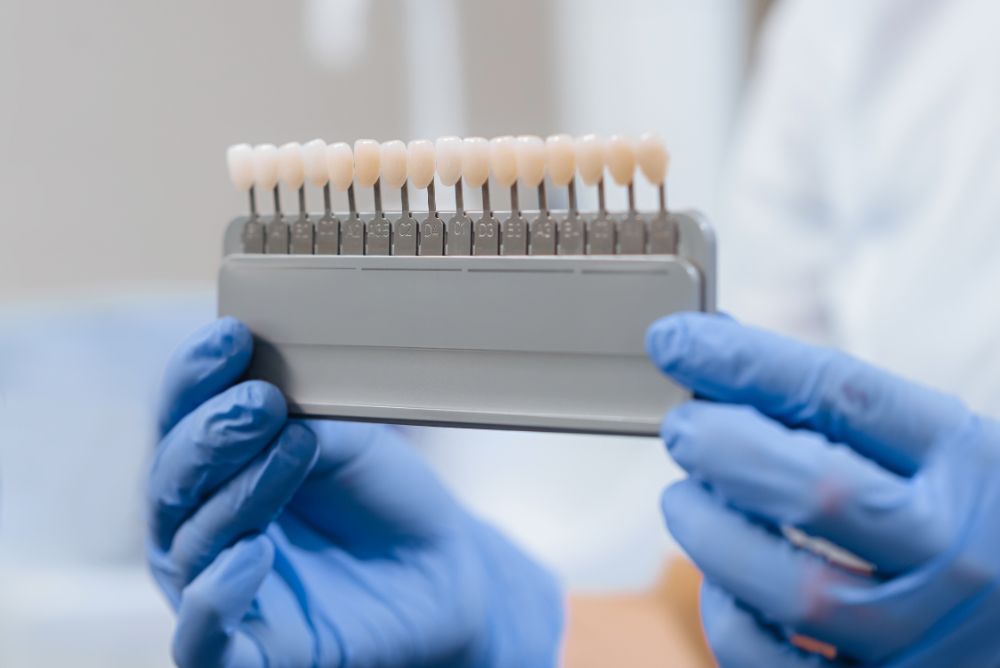Getting a dental implant is a great way to replace missing teeth. Dental implants are permanent and do not require the kind of care that dentures need. They also allow you to smile, chew and they generally function like your normal teeth. In this article, we are going to explain how implants work and some medical conditions that may affect the success of implants.
Understanding Dental Implants
Loss of teeth often leads to dental problems such as misaligned teeth and so on. To fix this problem permanently, dentists often use dental implants to replace the missing teeth. Dental implants involve the surgical installation of a titanium base into the jaw that acts as the artificial root. When the gum is healed and the rod is firmly held by the jaw bone, a crown is placed on top of the rod that then acts as the artificial tooth surface. The whole process takes a few weeks as the rod must be given time to fuse properly with the jaw bone before the crown can be placed.
If you are considering having this procedure done, there are some medical conditions that can affect the success of the implant. Here is what you need to know about this issue.
Hypertension
Hypertension is a medical condition that is characterized by elevated blood pressure. Very high levels of blood pressure combined with surgery can have an effect on your kidney and also enhances the risk of stroke. It is very likely that your dentist will want to manage such high levels of blood pressure first before proceeding with the surgery. The most common effect of hypertension however when it comes to dental implants is the drugs that are taken to manage the condition. Hypertension patients use beta-blockers which, combined with anesthesia that is used during surgery can have an effect on the patient’s heart.
Diabetes
Diabetes is a condition where the body is unable to regulate blood sugar. This results in spikes in blood sugar or lows depending on circumstances. Patients with diabetes have to follow a strict diet and manage their blood sugar with drugs or insulin. One of the effects of diabetes is that it slows down wound healing. This is important during a dental implant procedure as the wound needs to heal. However, informing your dentist of the condition can help them manage the process in such a way that the negative effects of diabetes on the implant are minimized.
Bone Tissue Loss
As explained earlier, the implant is surgically fused to the jaw bone in order to hold it in place. If you are suffering from bone tissue loss, this can pose significant problems. There are a number of ways your dentist can address this issue and one of those is jawbone graft where additional bone tissue is grafted into the affected area before the implant is put in place.
Dr. Alex Rubinov is an experienced dental practitioner in New York. The practice offers a range of services including teeth whitening, smile makeovers, cosmetic dentistry, and orthodontics, to name but a few. Contact the team at (718) 253-0800 for an appointment.


